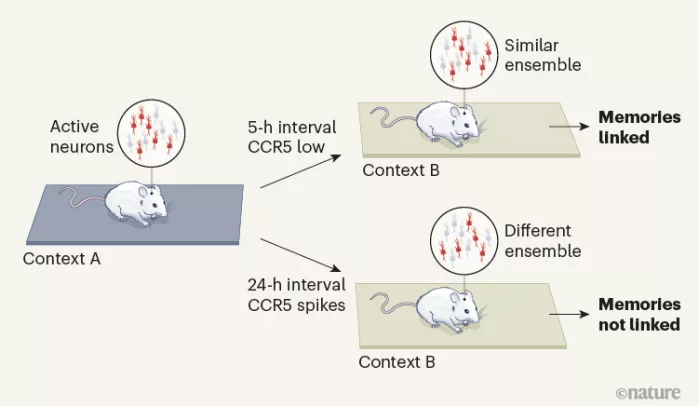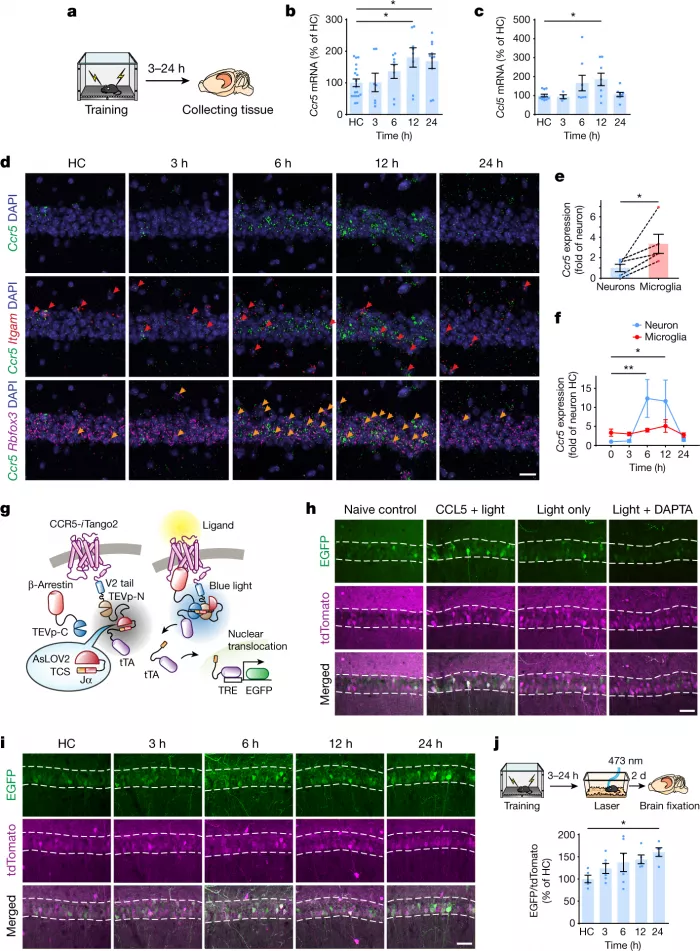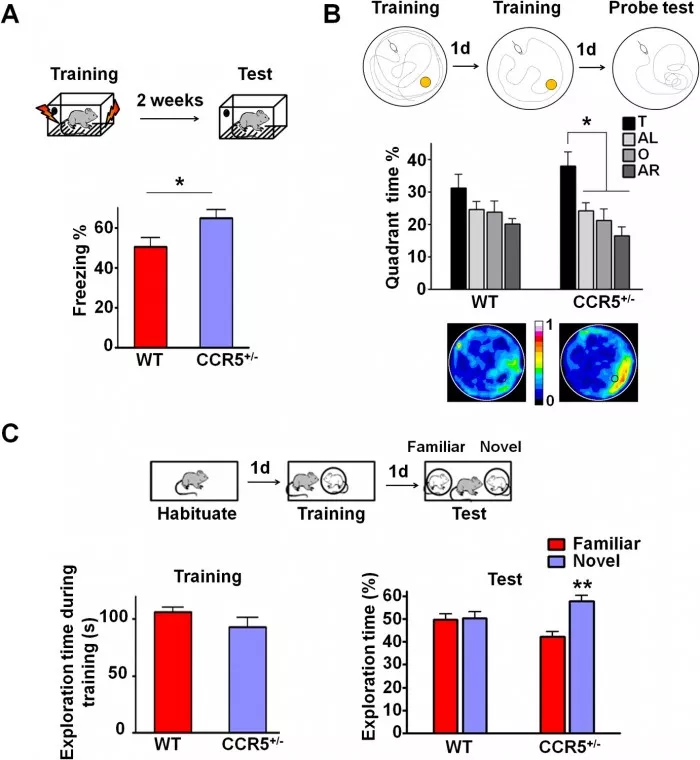American researchers have discovered the key molecular mechanism behind memory connections. They also identified a method to restore brain function in middle-aged mice, and a AIDS drug approved by the U.S. Food and Drug Administration (FDA) can achieve the same effect. The research results published in the journal Nature recently put forward a new method to strengthen the memory of middle-aged people, which may be helpful for early intervention of dementia.

The human brain rarely records a single memory. Instead, it stores memories in groups, so that the recall of an important memory will trigger other time-related memories. However, with age, the human brain gradually loses the ability to connect related memories.
The team led by alcino Silva, a professor of neurobiology and psychiatry at the David Geffen School of medicine at the University of California, Los Angeles, focused on a gene called CCR5, which is the same as the gene that hitchhikes HIV infected brain cells and causes memory loss. In the early research of Silva lab, it was proved that the expression of CCR5 would reduce the ability of memory and recall.


In the current study, Silva's team found a potential core mechanism, that is, mice can connect their memories of two different cages. Researchers used microscopes as a window into the animal brain to observe the firing of neurons and the creation of new memories.
Increasing the expression of CCR5 gene in the brain of middle-aged mice would interfere with the memory connection, and the mice would forget the connection between the two cages. When the researchers deleted the CCR5 gene in mice, the mice were able to associate memories that could not be connected.
Silva had previously studied malavero, a drug approved by the FDA in 2007 for the treatment of HIV infection. It was found that malavero inhibited CCR5 in mouse brain. When researchers gave older mice malaviro, the drug replicated the effect of deleting CCR5 from their DNA, and older animals were able to reconnect memories.
The findings suggest that malavero can help restore middle-aged memory loss and reverse cognitive deficits caused by HIV infection.
In the next step, researchers will organize a clinical trial aimed at early intervention to test the effect of malavero on early memory loss. Once they fully understand how memory declines, researchers may be able to slow the process.